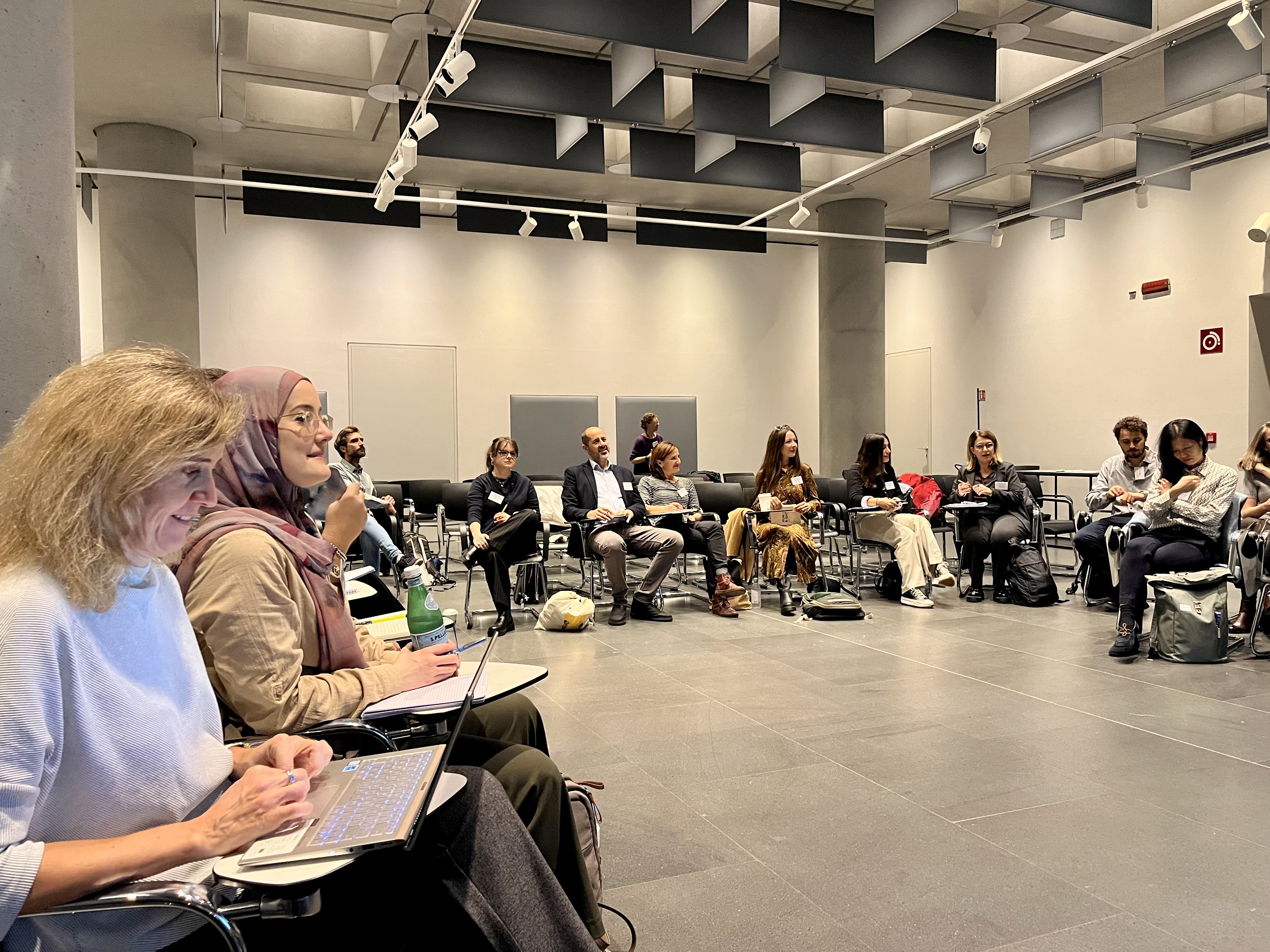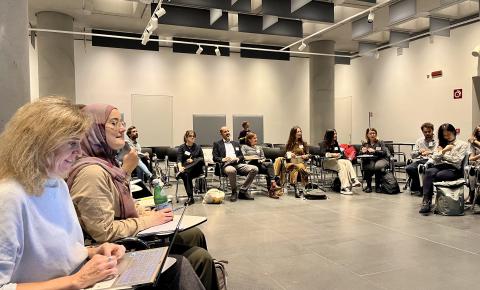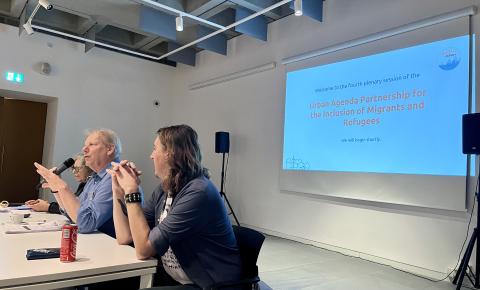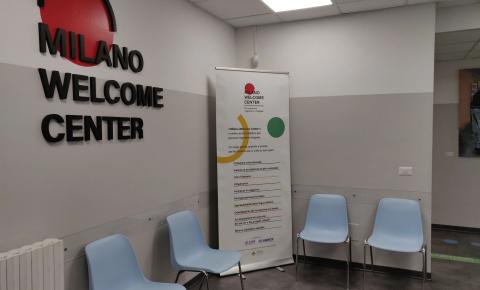
Cities of Equality and Inclusion of Migrants and Refugees Partnerships strengthen collaboration on urban equality and social cohesion
Advancing shared goals
The Milan meeting brought together city representatives, European institutions, and civil society partners to exchange innovative approaches to social inclusion. The visit to the Milan Welcome Centre showed a co-designed model of service delivery that combines municipal leadership with strong participation from third-sector organisations. This approach—grounded in human rights and equality principles—reflects the priorities shared by both partnerships: ensuring fair access to services, promoting social cohesion, and supporting participatory governance at the local level. These principles underpin the wide range of services offered at the Milan Welcome Centre, where family reunification guidance, language tutoring, housing support, and employment assistance are all brought together under one roof.
Exploring potential synergies
Building on previous exchanges between the two partnerships, the discussions in Milan identified several concrete opportunities for collaboration. Cities of Equality partners could support the IMR Partnership by helping to disseminate the forthcoming surveys that are being developed: one focusing on the early labour market integration of migrants and another on the experience of using ESF+ funds during the 2021–2027 programming period.
Members of both partnerships will also be invited to participate in upcoming online workshops dedicated to EU funding for equality and inclusion, with the possibility of developing joint sessions and policy documents in 2026.
Looking further ahead, the Cities of Equality in-person meeting, planned in Barcelona in spring 2026, could provide another opportunity to host a joint session. This collaboration would be particularly relevant given that both the Generalitat de Catalunya and the City of Barcelona are members of the IMR Partnership.
A possible thematic focus for such an exchange could be the participation of residents with a migrant background in public life and participatory processes. This topic closely aligns with one of the three Actions included in the Cities of Equality Action Plan—collecting and discussing good practices of equity-attuned participatory governance. The Action complements the Partnership’s other two areas of work: developing a framework to assess spatial segregation and access to services, and mainstreaming equality in future EU funding instruments.
Looking ahead
Both partnerships share a commitment to tackling inequality through inclusive governance, better funding mechanisms, and evidence-based policymaking. The exchanges in Milan reaffirmed the value of collaboration between the two initiatives and set the stage for continued dialogue aimed at promoting equality and inclusion across European cities.
Progress on these shared activities will be reviewed during the next Coordinators and Action Leaders meeting, scheduled for 26 March 2026 in Brussels, which will provide a key opportunity to assess the alignment between the two partnerships and the other partnerships of the Urban Agenda for the EU.


